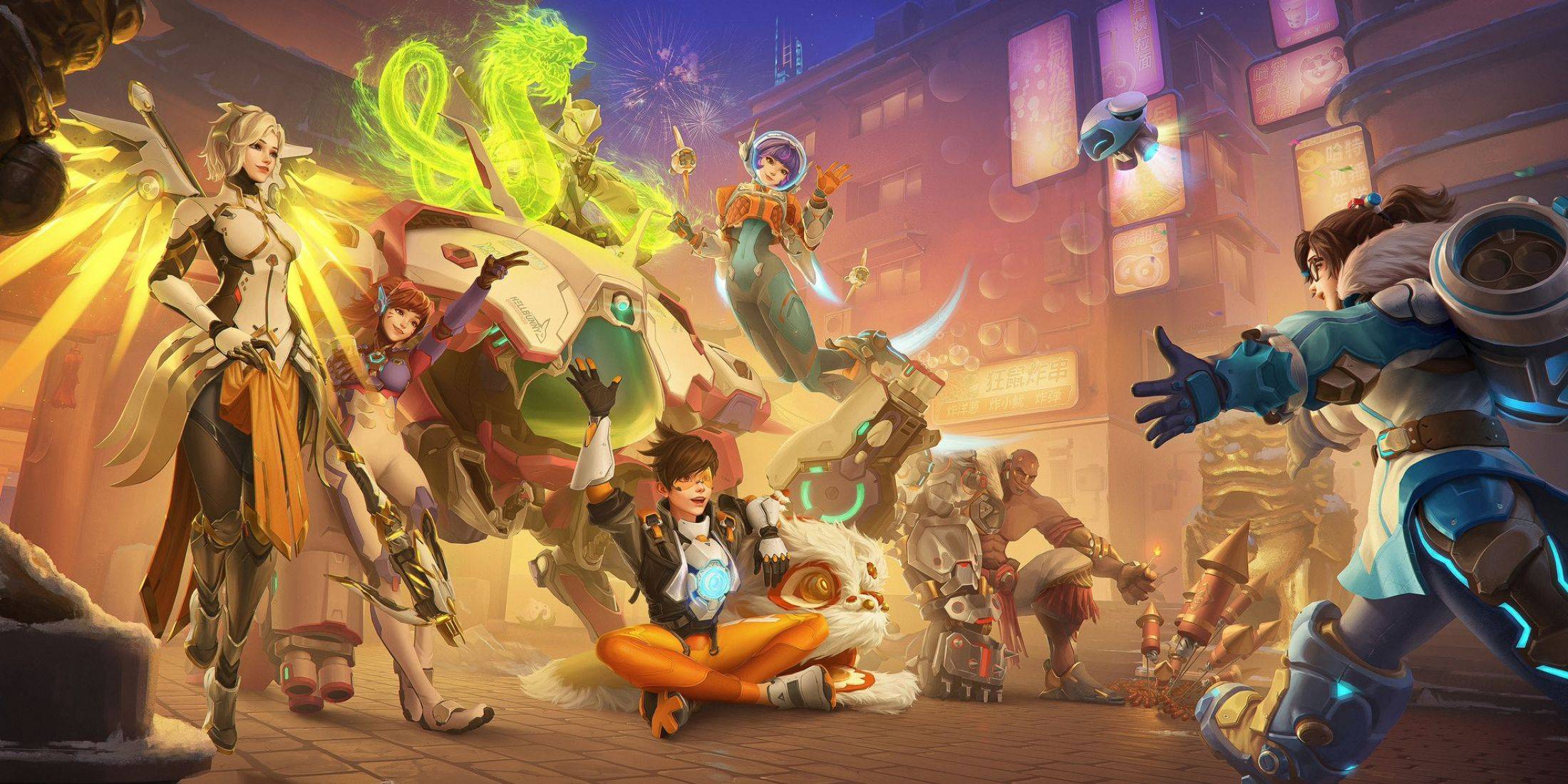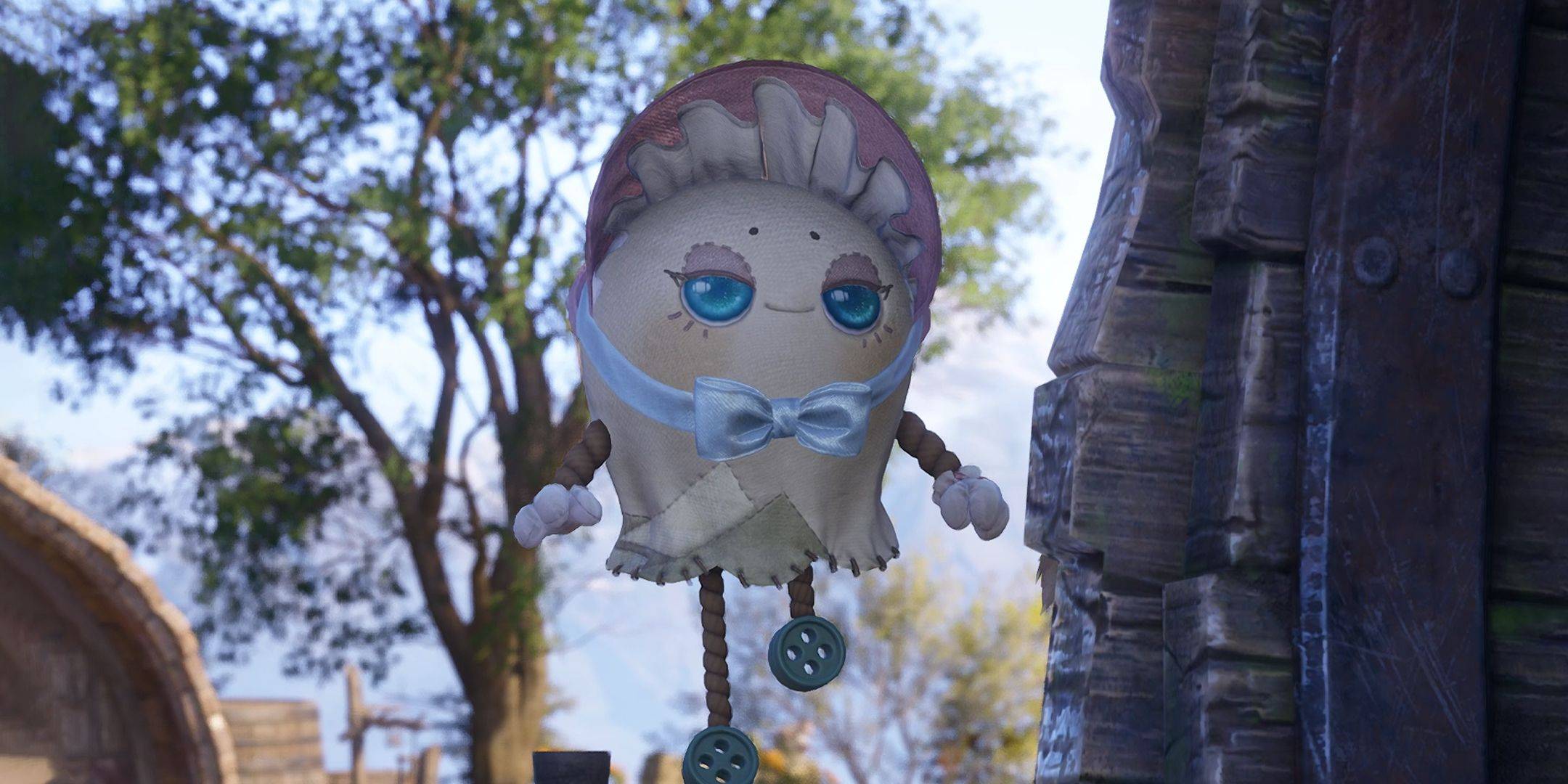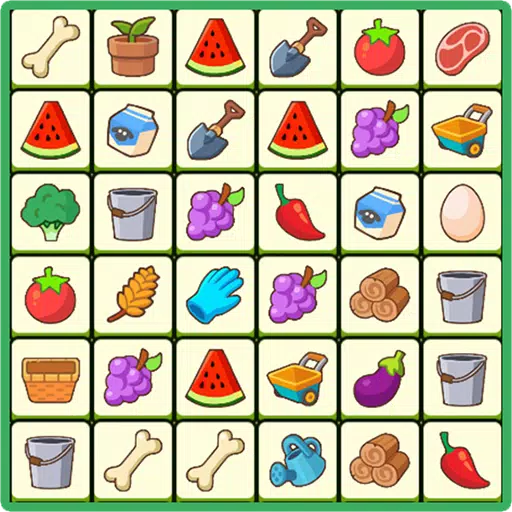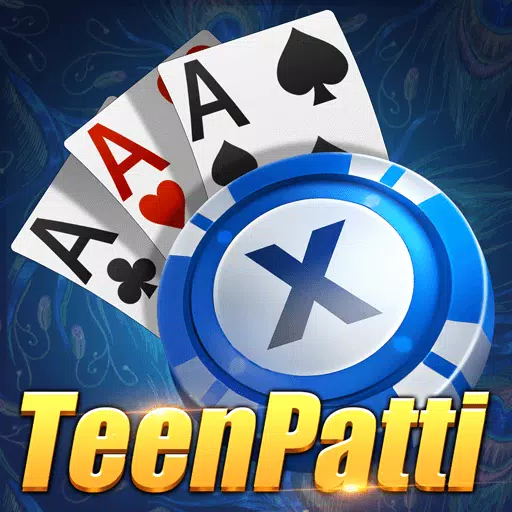
The "AAA" label in game development is outdated and irrelevant, according to many developers. Initially signifying massive budgets, high quality, and low risk, it's now associated with profit-driven competition that stifles innovation and quality.
Revolution Studios co-founder, Charles Cecil, calls the term "silly and meaningless," a relic of a time when industry changes weren't positive. He points to the significant investment from large publishers, arguing it hasn't improved game development.
Ubisoft's Skull and Bones, initially branded a "AAAA" title, serves as a prime example. A decade-long development cycle resulted in a failed product, highlighting the emptiness of such labels.
Criticism extends to other major publishers like EA, accused by players and developers alike of prioritizing mass production over audience engagement.
Conversely, independent studios frequently produce games that surpass the impact of many "AAA" titles. Games like Baldur's Gate 3 and Stardew Valley showcase the superiority of creativity and quality over sheer budget.
The prevailing belief is that a profit-first mentality restricts creativity. Developers fear risk-taking, leading to a decline in innovation within large-scale game development. A fundamental shift in approach is necessary to re-engage players and inspire new talent.

























![Mentor Life [v0.1 Remake]](https://img.icssh.com/uploads/24/1719543445667e269510b81.jpg)




